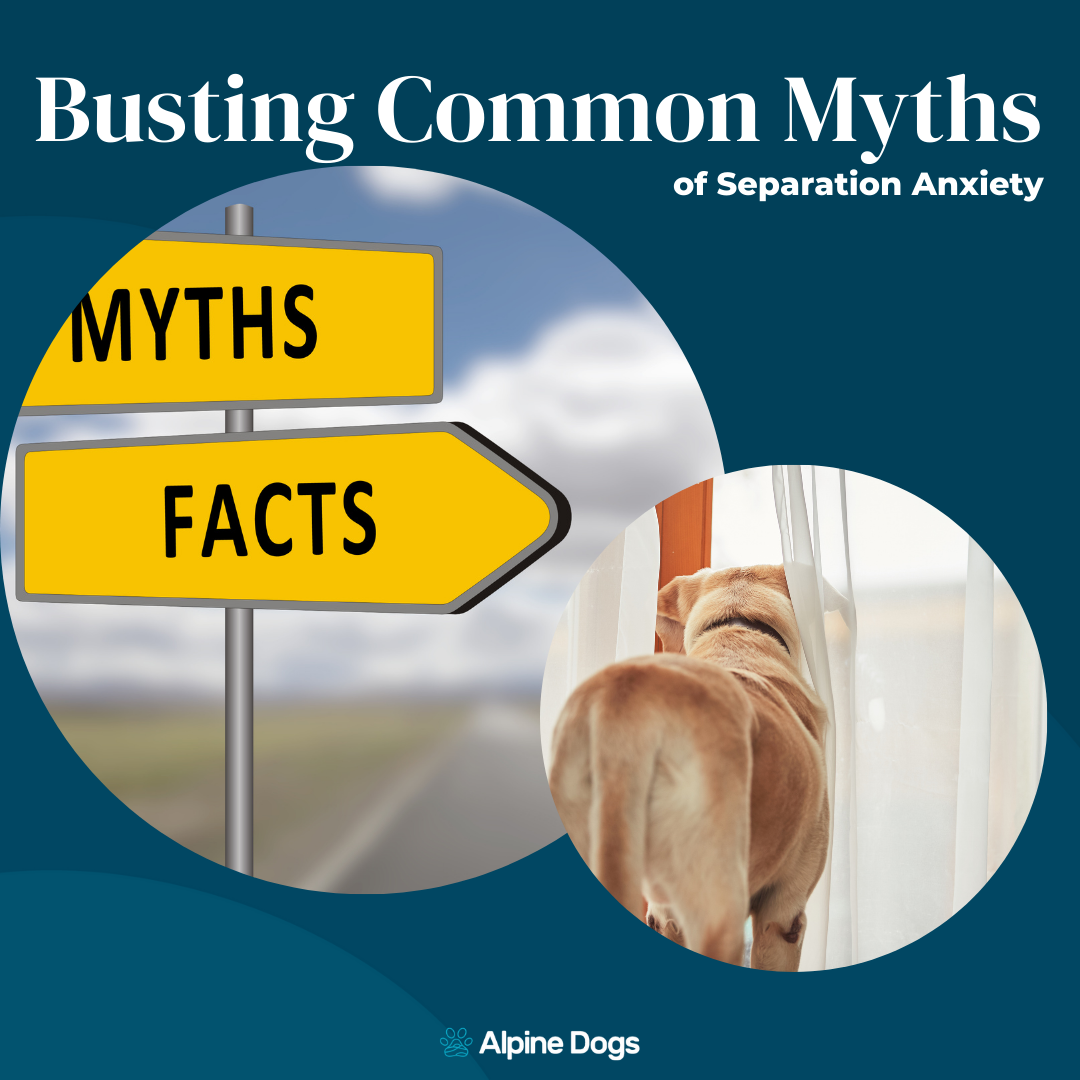Why punishment “works”- and why you should avoid it in Separation Anxiety Training
If your dog’s home-alone barking is earning complaints from neighbours, it can be tempting to use punishment-based tools to end this once and for all – but at what cost?
But first, definitions. What is punishment?
Punishment refers to anything you do to your dog that results in a decrease in certain behaviour/s. In the context of separation anxiety, this typically means the use of special collars designed to interrupt your dog from barking with the use of shock, vibration, beeps or sprays. Sometimes, we also see devices that create an unpleasant sound which is uncomfortable for your dog’s ears. In response to these devices, dogs stop barking to avoid the pain, stress or discomfort that barking creates. Despite these tools technically “working”, I still urge you to avoid them. Why is this?
Suppression vs. behaviour change
When your dog vocalizes when home alone, it is a symptom of an underlying emotional response they are having. Let’s discuss a human example.
Liz experiences panic attacks. When she is suffering from a panic attack, she often cries, paces and seeks reassurance from those around her. Her friends and family tire of her panic attacks and start to feel annoyed at all of the pacing and crying. They start yelling at and scolding her every time she does these things.
Liz’s panic has not been resolved by the yelling and scolding, but she now feels unsafe crying, pacing and seeking reassurance from her safe people. So, she panics in isolation. Not only have her panic attacks not improved, but she feels even worse when she panics because now she has to deal with the threat of yelling and scolding if she expresses how she’s feeling.
Awful, right? The cure for Liz’s panic attacks is to seek help from a professional therapist and probably a medical doctor as well. Dogs are the same way. If we punish the symptoms of their separation anxiety, we are not resolving their separation anxiety – we are just suppressing how they express it. We are also likely making them more afraid of being home alone because now there is now a scary or painful thing that happens in that context. Furthermore, some dogs will be so distressed that they will bark through the pain or discomfort. There is a better way.
Have you used bark collars, ultrasonic sounds or other punishment based tools to try to resolve your dog’s separation anxiety?
You’re not alone. Many of my clients have tried these tools before coming to work with me. Please know you’ll never receive any judgment here. If you’re ready to try a kinder and more effective path, book a Discovery Call and let’s talk about it.
Want to see some of my favourite dog products that are not punishment-based? Visit my Amazon Storefront! I do make a small commission from products you might purchase through my link, and I appreciate the support.
